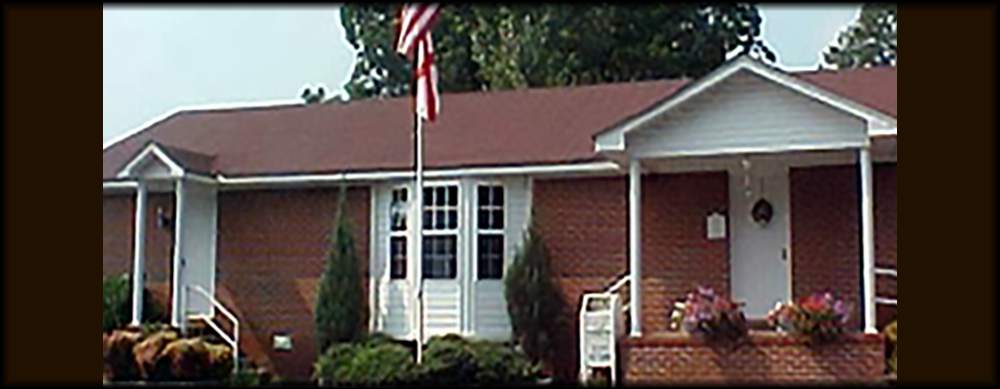(Source: E-Rate Central www.e-ratecentral.com)
Technology Protection Measure. The term “technology protection measure” means a specific technology that blocks or filters internet to visual depictions that are: Obscene, as that term is defined in section 1460 of title 18, United States Code; Child Pornography, as that term is defined in section 2256 of title 18, United States Code; or Harmful to minors. Harmful to Minors. The term “harmful to minors” means any picture, image, graphic, image file, or other visual depiction that: Taken as a whole and with respect to minors, appeals to a prurient interest in nudity, sex, or excretion; Depicts, describes, or represents, in a patently offensive way with respect to what is suitable for minors, an actual or simulated sexual act or sexual contact, actual or simulated normal or perverted sexual act, or a lewd exhibition of the genitals; and Taken as a whole, lacks serious literary, artistic, political, or scientific value as to minors. Sexual Act: Sexual Contact. The terms “sexual act” and “sexual contact” have the meanings given such terms in section 2246 of title 18, United States Code.
The Children’s Internet Protection Act (CIPA), enacted December 21, 2000, requires recipients of federal technology funds to comply with certain internet filtering and policy requirements. Schools and libraries receiving funds for internet access and/or internal connection services must also meet the internet safety policies of the Neighborhood Children’s Internet Protection Act (NCIPA) that addresses the broader issues of electronic messaging, disclosure of personal information of minors, and unlawful online activities. Revised January 20, 2009
1. Purpose: The Crossville Public Library offers access to the internet to provide a broad range of information resources. 2. You Should Know: The internet takes you outside library walls into an electronic world. Much of the information you find may be valuable, but not all internet resources are reliable, current, or accurate. You may find opinions, ideas, and images, which are controversial, divergent, inflammatory, and offensive. By providing access, the Library does not endorse or sanction the content or point of view of information or commentary found on the internet. 3. Privacy: The Library respects the privacy of Internet users, but cannot guarantee it. 4. Safety and Security: When using email, you should use “common sense” precautions. Do not give your address, phone number, e-mail password or Social Security number to anyone. Children must never give personal information on the internet without their parents’ permission. To learn about internet safety, is a good website for both children and adults. 5. Filtering: The Library subscribes to a filtering service which is found on all public and staff workstations. The filtering technology will help protect against access to visual depictions that: ●Are obscene ●Have child pornography ●Are harmful to minors No filtering technology is completely effective! 6. Supervising Children’s Use: Children under age 18 must have a parental permission form on file to use any internet station. A permission form and letter to parent and child are included with this policy and must be read and signed by parent/guardian and child. The Crossville Public Library and the Town of Crossville do not assume any responsibility for the use of the internet by minors. It is impossible for library staff to control information contained on specific websites. 7. Rules Governing Computer Use: · No appointments (first come, first served) · Time allotment is one hour · Children unfamiliar with computers must be accompanied by an adult. · No email accounts at library—web email acceptable · You must read, understand, and accept our Computer and Internet Use Policy. · You must register at Circulation Desk with your library card. · Out-of-town travelers may register with a valid picture ID. · You may not access obscene or pornographic sites. · You may not interfere with or alter the Library’s computers, networks, or any of its hardware or software. · You may not use your own software, programs, or hardware. · You may not violate U.S. Copyright Law. Violations will result in loss of Computer/Internet Use and/or Library Privileges. Criminal activities such as “hacking” will be reported to appropriate authorities. The Library assumes no responsibility for damages, losses, costs, or expenses arising directly or indirectly from the use of the Library’s computers.

